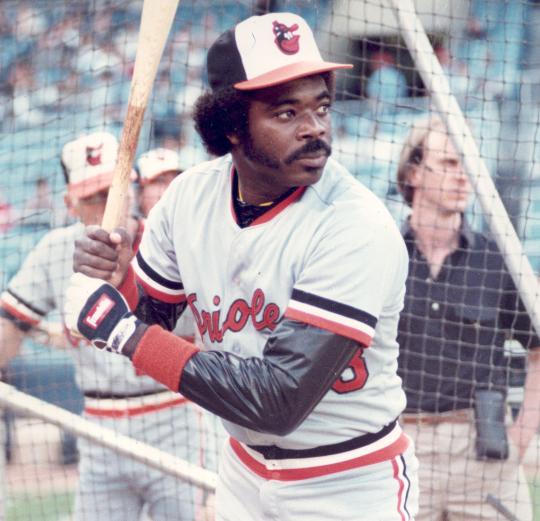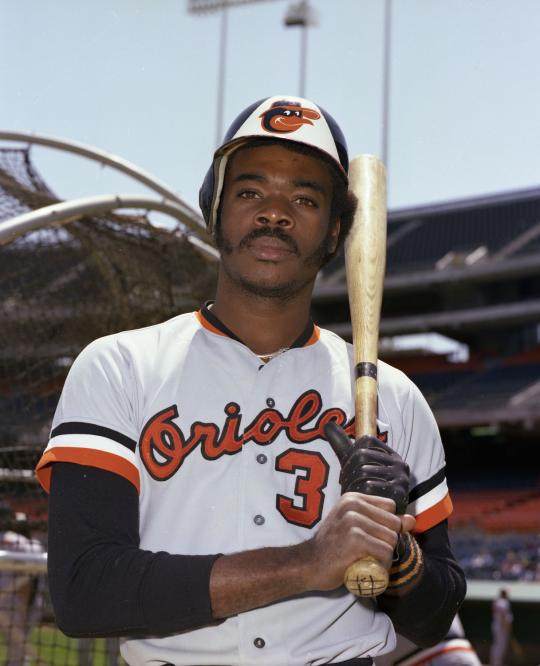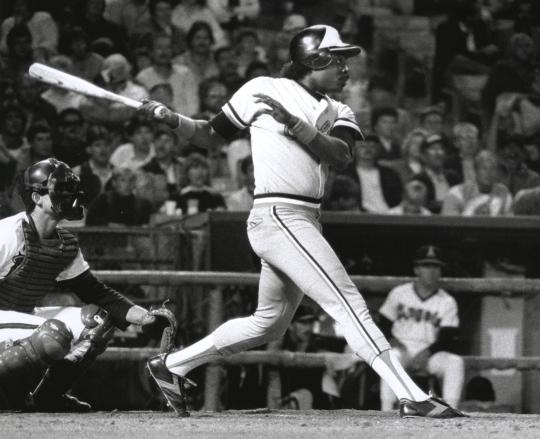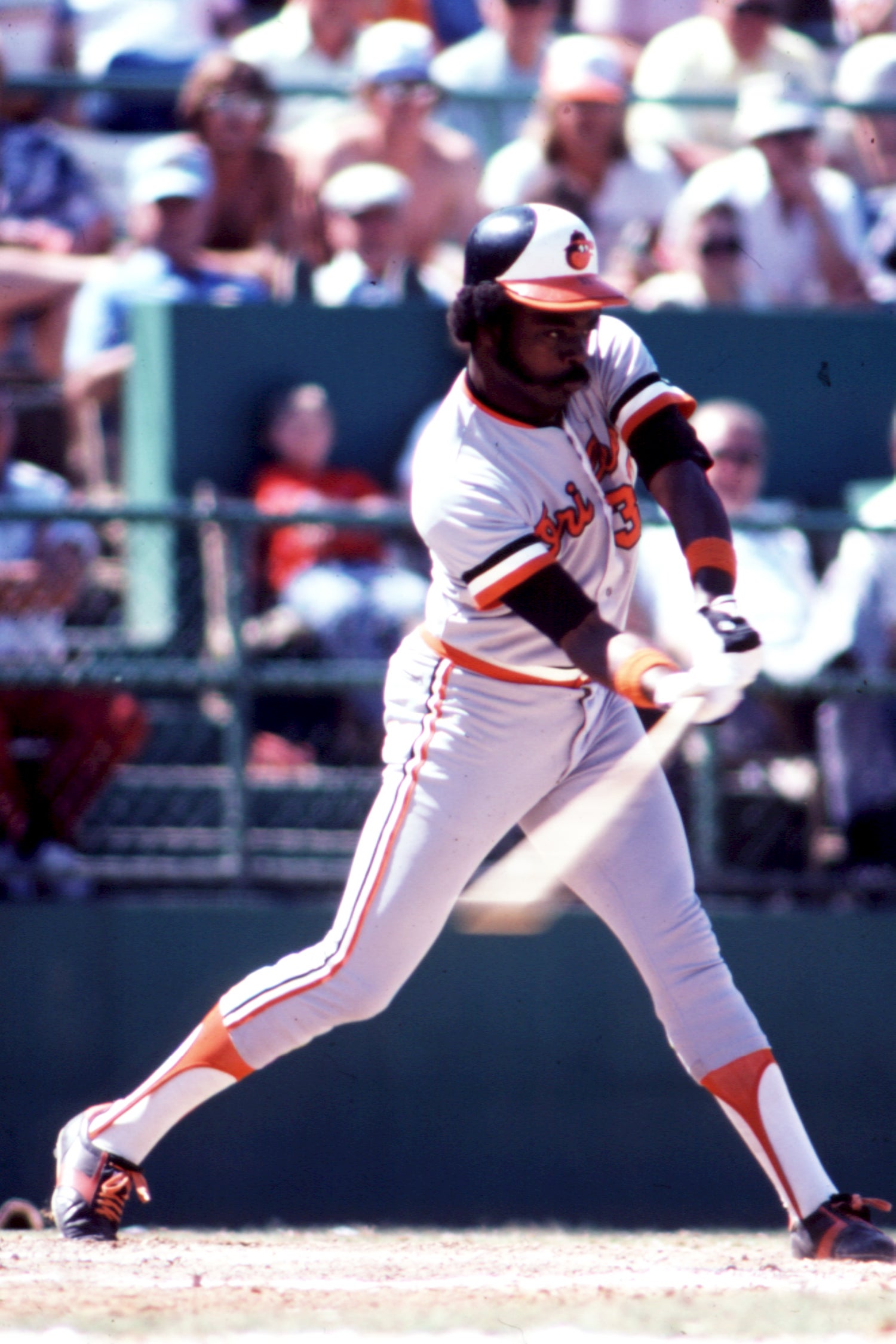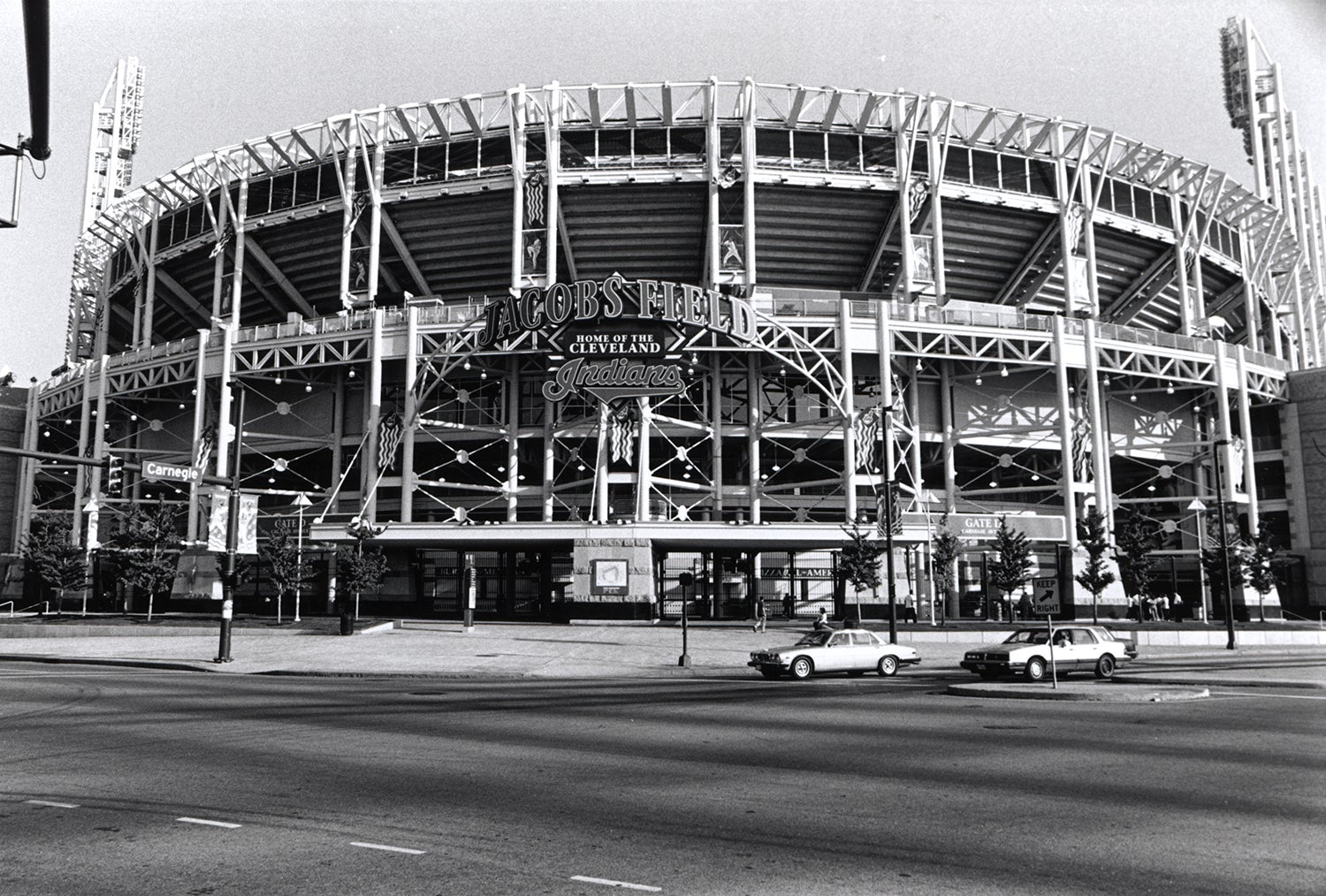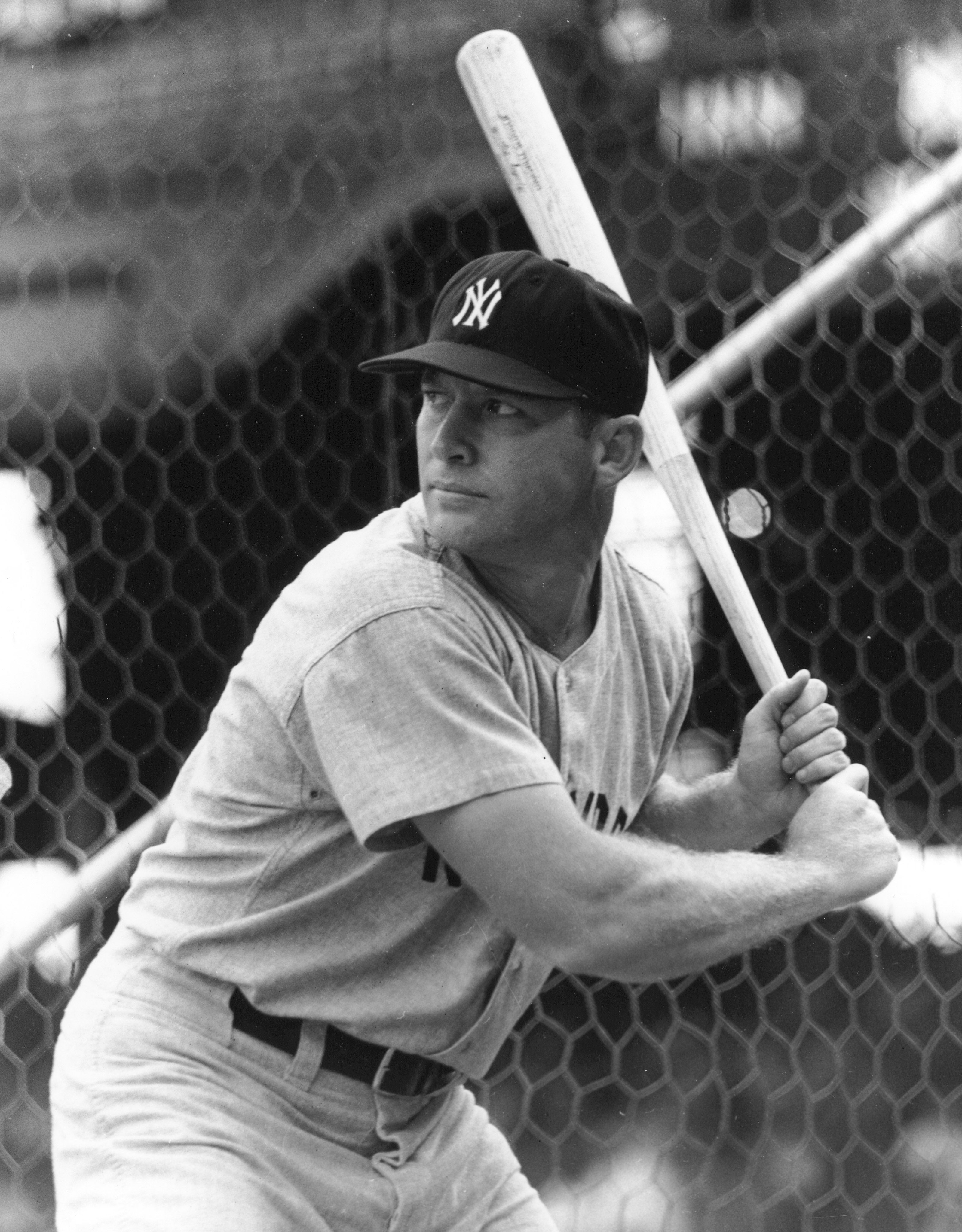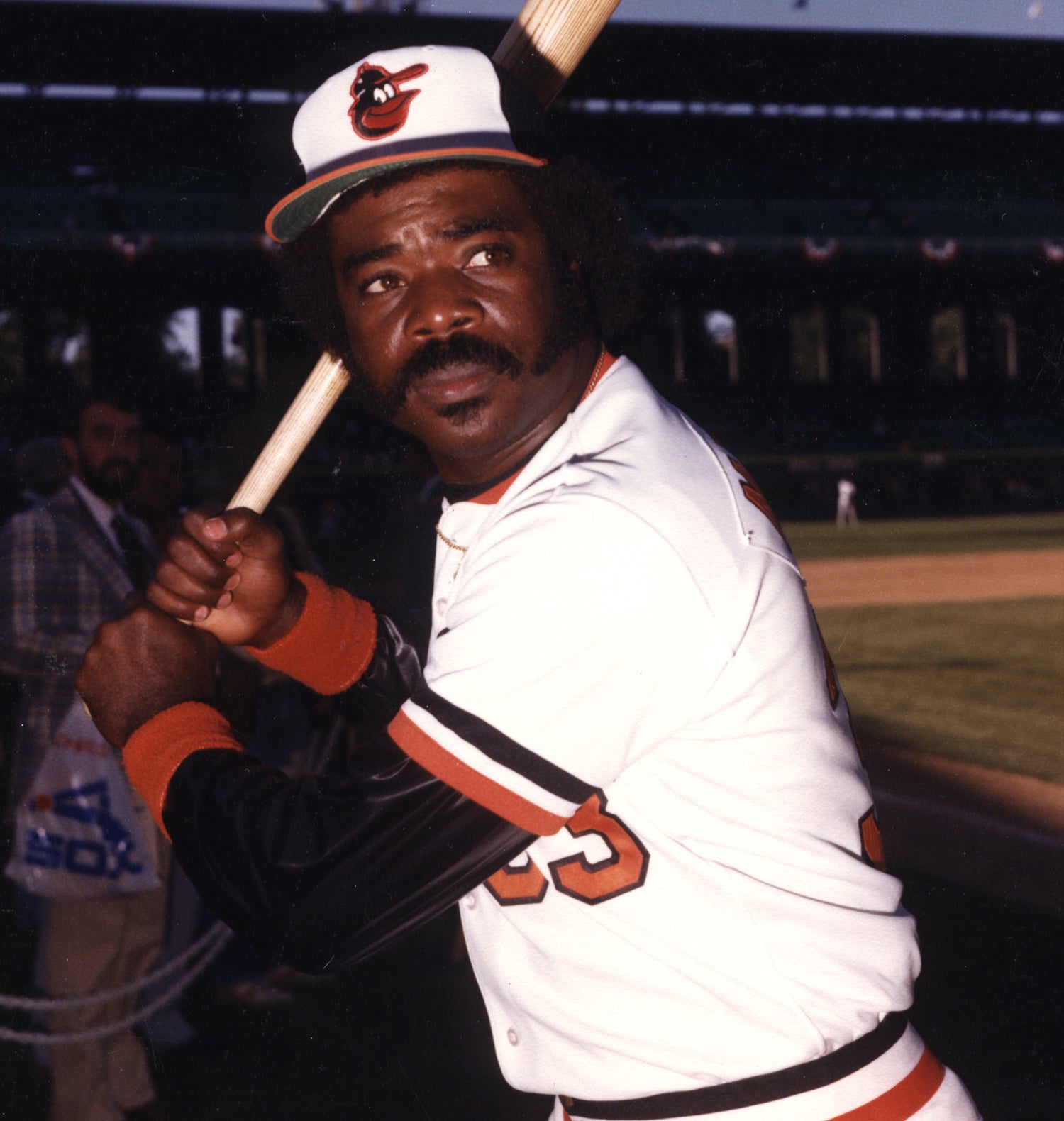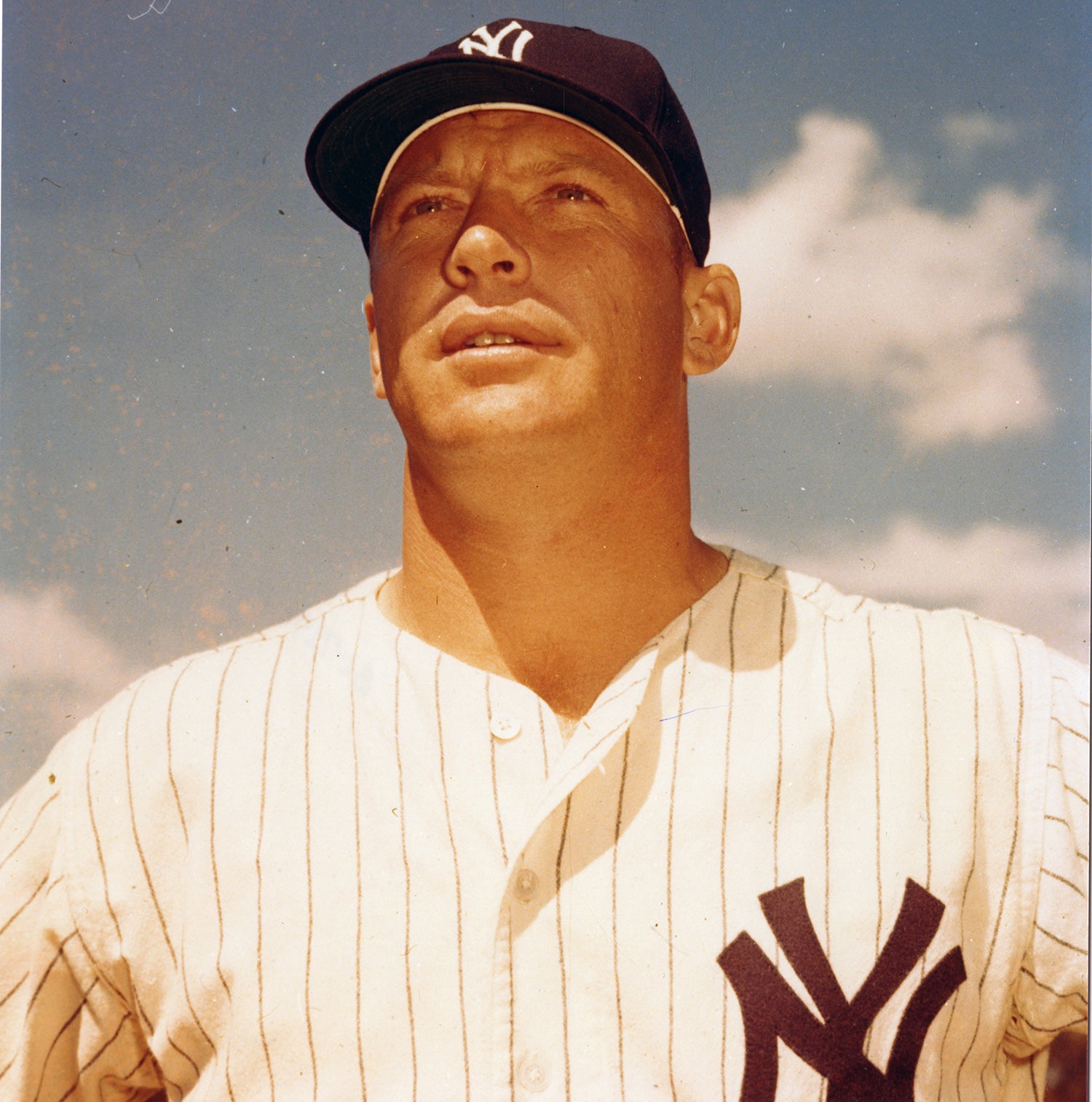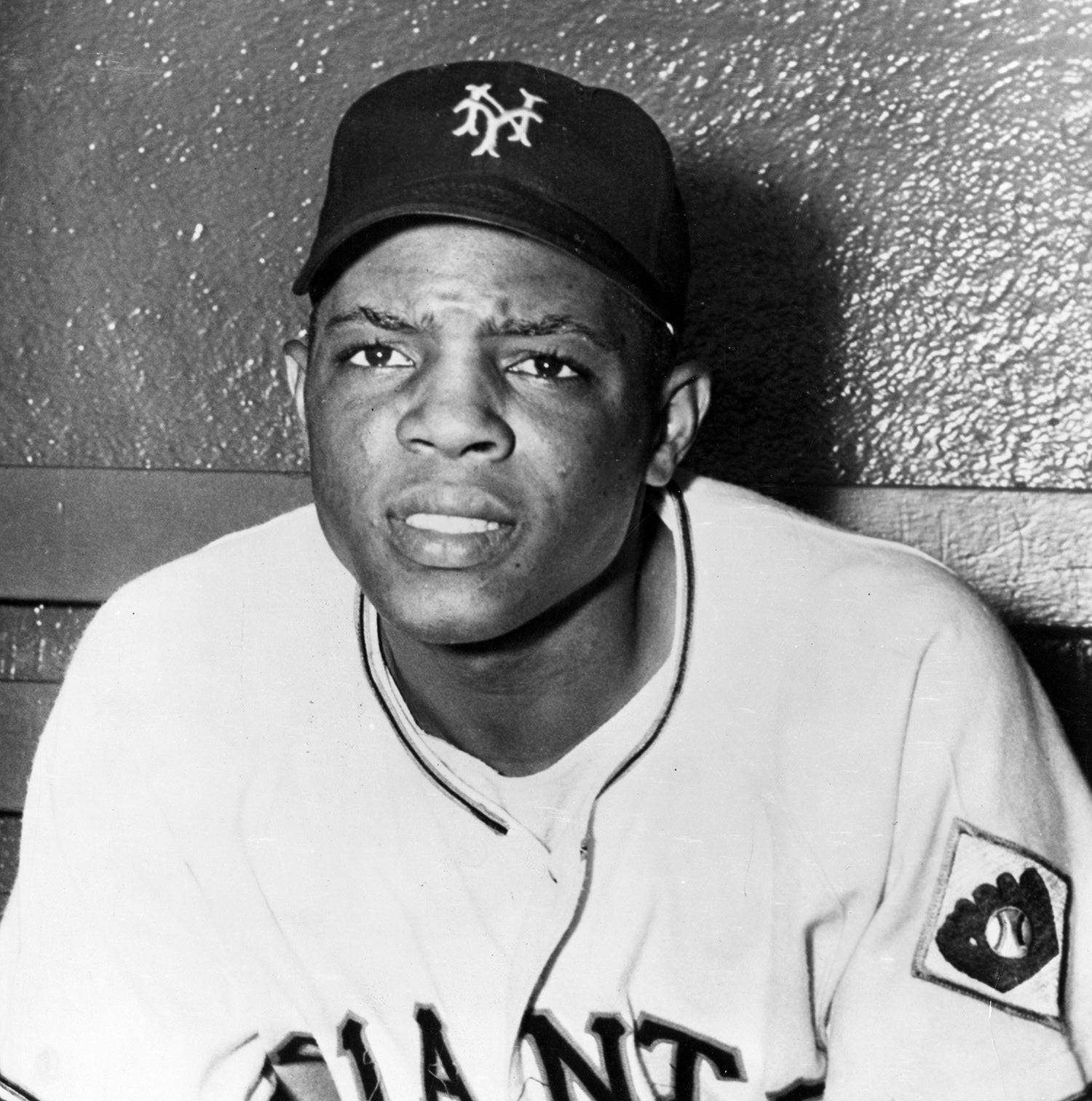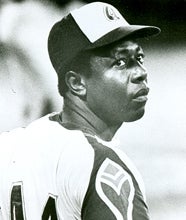- Home
- Our Stories
- Murray passes Mantle for top spot on switch-hitter RBI list
Murray passes Mantle for top spot on switch-hitter RBI list
Eddie Murray drove in runs more often than any other player of his generation.
And on June 6, 1992, Murray set the all-time RBI standard among switch hitters by passing one of the game’s legendary batters.
Murray drove in two runs that day in the New York Mets’ 15-1 win over the Pirates in Pittsburgh, giving him 1,510 RBI for his career – passing Mickey Mantle for first place on the all-time list among switch hitters. The ultra-consistent Murray would go on to play five more seasons in the big leagues, finishing his career with an astounding 1,917 RBI.
“I was never much (for) words,” Murray said at his 2003 Hall of Fame Induction in Cooperstown. “For me, to focus a lot on the individual, that’s not the way I learned to play the game. Baseball is a team game.”
Murray took those words to heart during his 21-year big league career, driving home hundreds of teammates en route to six seasons with at least 100 RBI.
The 1977 American League Rookie of the Year, Murray was named to eight All-Star Games, won three Gold Glove Awards at first base and retired as one of only three players – along with Willie Mays and Hank Aaron – to amass at least 3,000 hits and 500 home runs.
Murray is the only player in the top 10 in RBI to play in each season during the decade of the 1980s.
“Steady Eddie” – as he was called – played more games at first base (2,413) than any player in history.
“It was about showing up every day, letting my managers know I was here to work,” Murray said as he stood on the Hall of Fame stage in Cooperstown.
“For me, baseball is about the team winning. I could have taken an oh-for that day, but if our team won, I don't think you could have come into the locker room and been able to tell that I did not get a hit. Because the most important thing to me was that we won.”
Craig Muder is the director of communications for the National Baseball Hall of Fame and Museum

